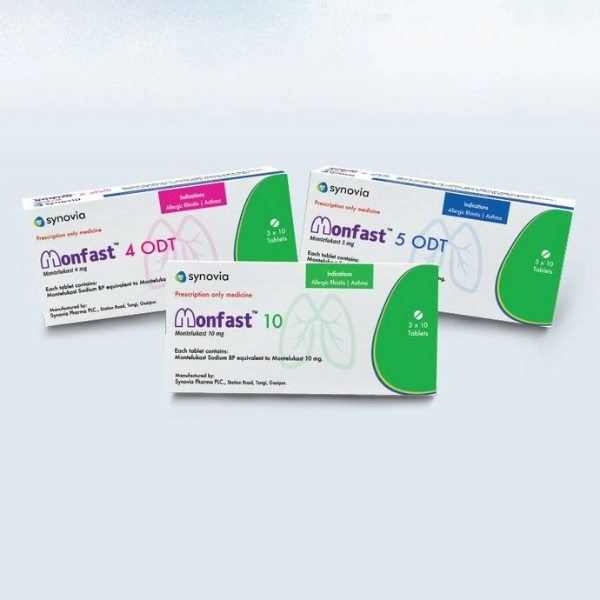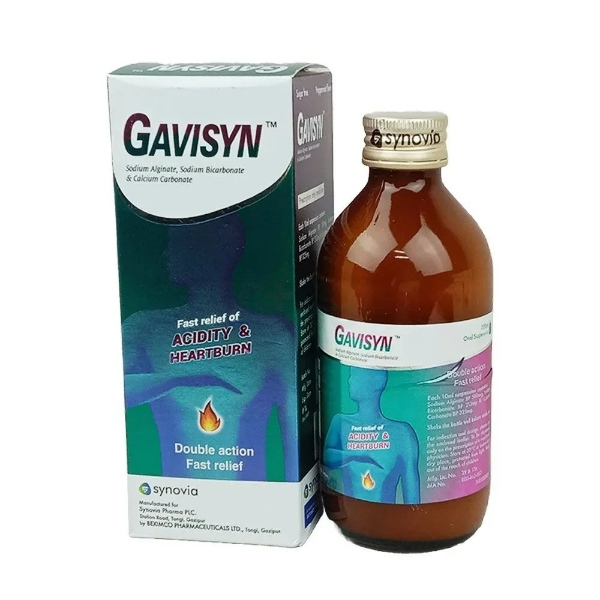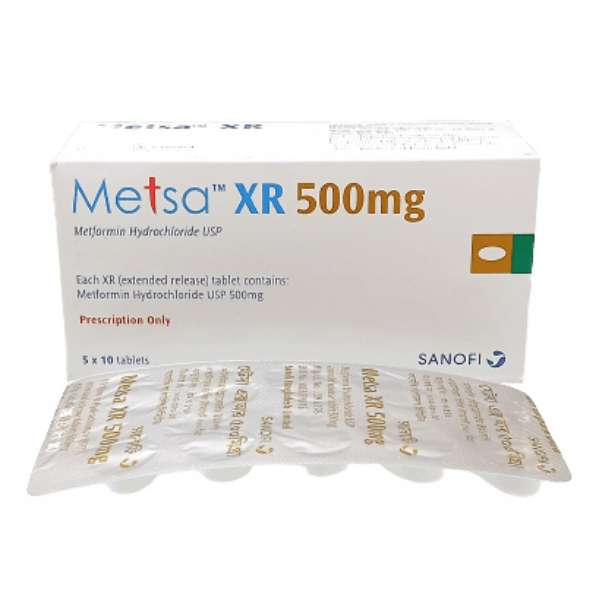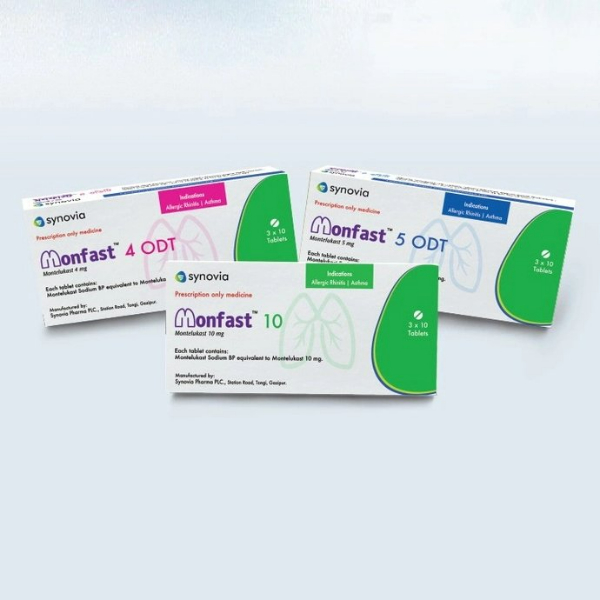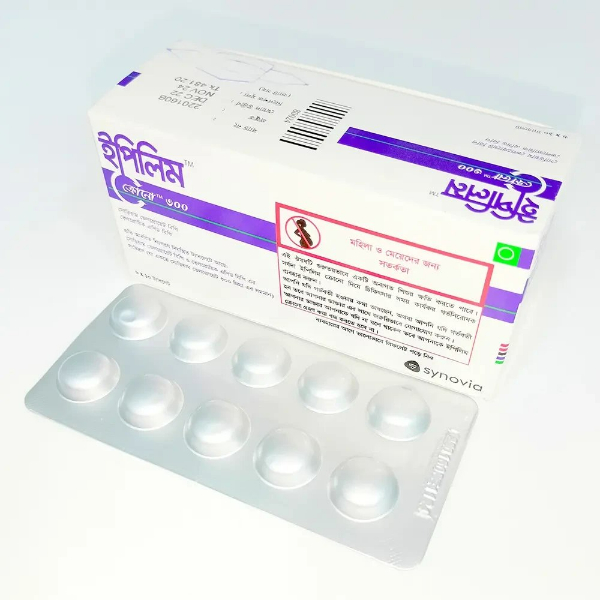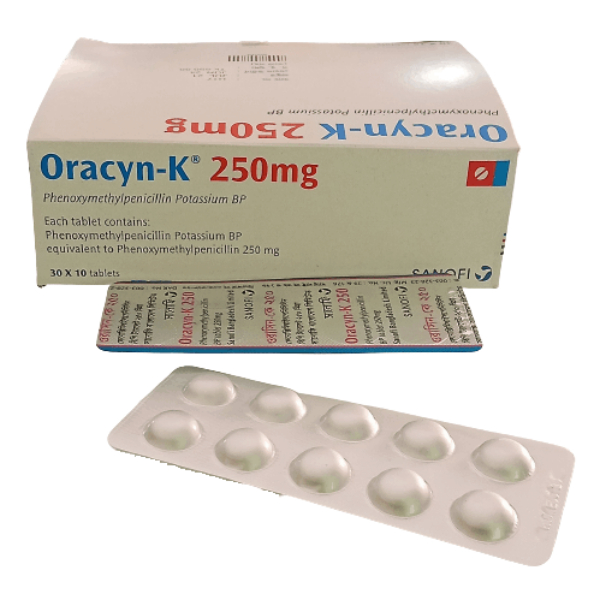Description
• রেজিস্টার্ড চিকিৎসকের পরামর্শ মোতাবেক ঔষধ সেবন করুন
Indications:
-
Type 2 diabetes mellitus (non-insulin dependent diabetes)
-
Used in conjunction with diet and exercise to manage blood sugar levels
-
Suitable for patients who do not achieve sufficient blood glucose control with diet and exercise alone
-
Helps in reducing hyperglycemia and preventing complications like diabetic neuropathy, retinopathy, and nephropathy
Pharmacology:
Glimepiride, the active ingredient in Amaryl, is a sulfonylurea that works by stimulating the pancreas to release more insulin. It also increases insulin sensitivity in tissues, helping them to absorb glucose more efficiently. By improving insulin release and tissue response, it effectively lowers blood sugar levels in patients with type 2 diabetes.
Dosage & Administration:
-
The typical starting dose for adults is 1-2 mg per day, taken with breakfast or the first main meal of the day.
-
Depending on blood glucose levels, the dose can be gradually increased by the healthcare provider.
-
The maximum dose is typically 8 mg per day, but the appropriate dose should be individualized.
-
Always follow the prescribed dosage and monitor blood glucose regularly.
Interaction:
-
Increased Effect: Alcohol, other antidiabetic medications, and drugs that affect liver enzymes can intensify the hypoglycemic effect of Amaryl.
-
Decreased Effect: Medications like corticosteroids, diuretics, and beta-blockers may reduce its effectiveness.
-
Always inform your doctor about all other medications you're taking to avoid any interactions.
Contraindications:
-
Hypersensitivity to glimepiride or any component of the medication
-
Type 1 diabetes (insulin-dependent)
-
Diabetic ketoacidosis
-
Severe liver or kidney dysfunction
-
Pregnancy and breastfeeding (unless prescribed by a healthcare provider)
Side Effects:
-
Most common side effects include:
-
Hypoglycemia (low blood sugar)
-
Dizziness, headache
-
Nausea, vomiting
-
Weight gain
-
-
Less common side effects may include:
-
Allergic reactions (skin rashes, itching)
-
Liver problems (indicated by jaundice or abnormal liver tests)
-
Blood disorders (e.g., anemia, leukopenia)
-
Pregnancy & Lactation:
-
Pregnancy: Use during pregnancy is generally not recommended unless absolutely necessary. Insulin is usually preferred for managing diabetes during pregnancy.
-
Lactation: Not recommended for breastfeeding, as it may pass into breast milk. Consult a doctor before use.
Therapeutic Class:
Oral Hypoglycemic Agents, Sulfonylureas
Storage Conditions:
-
Store at room temperature (15°C to 30°C).
-
Keep away from light, moisture, and heat.
-
Keep out of the reach of children.


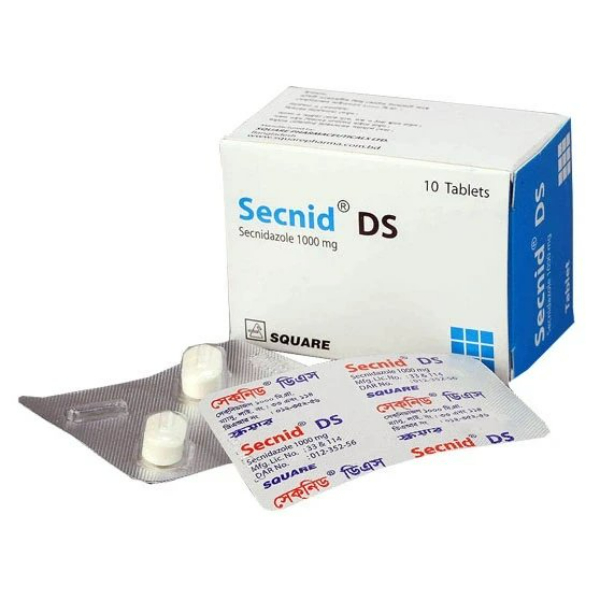



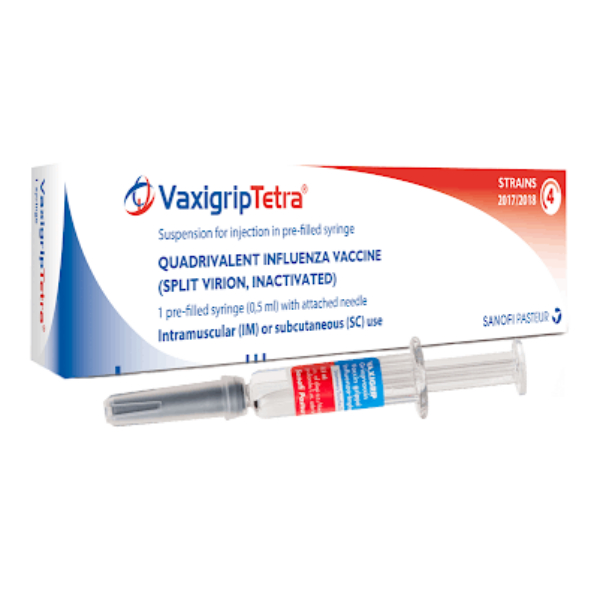
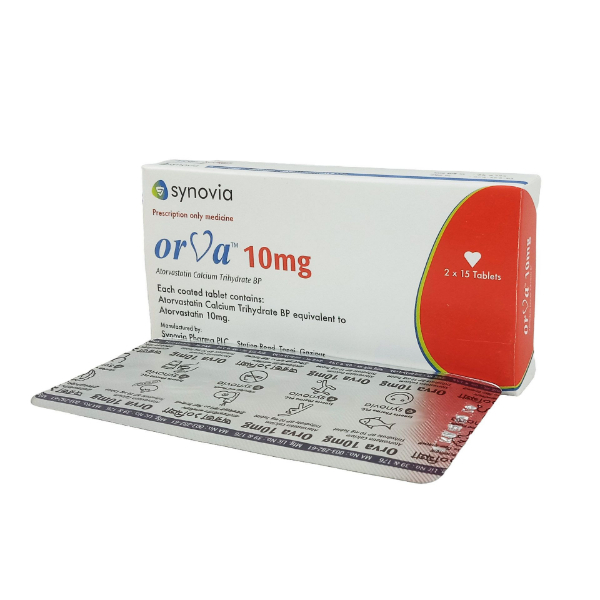

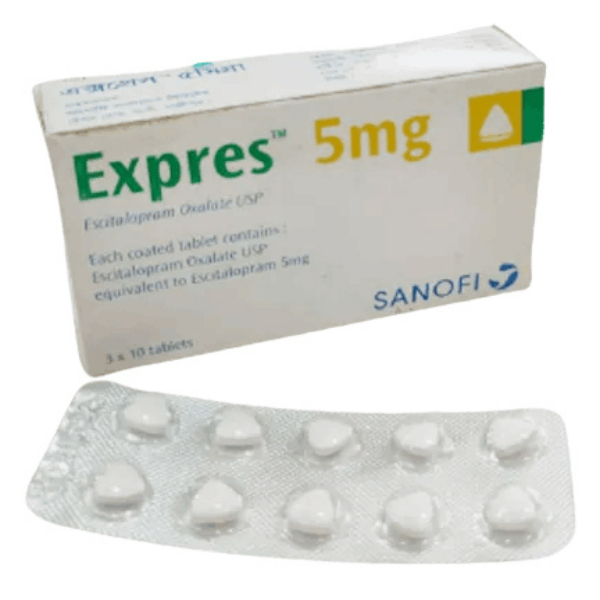




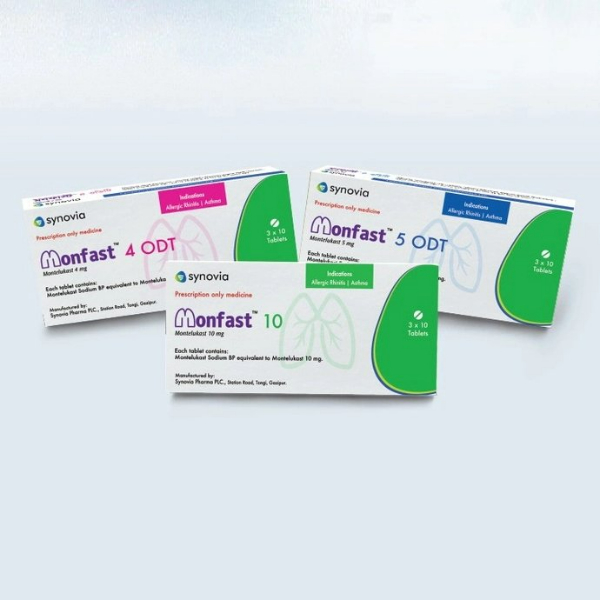
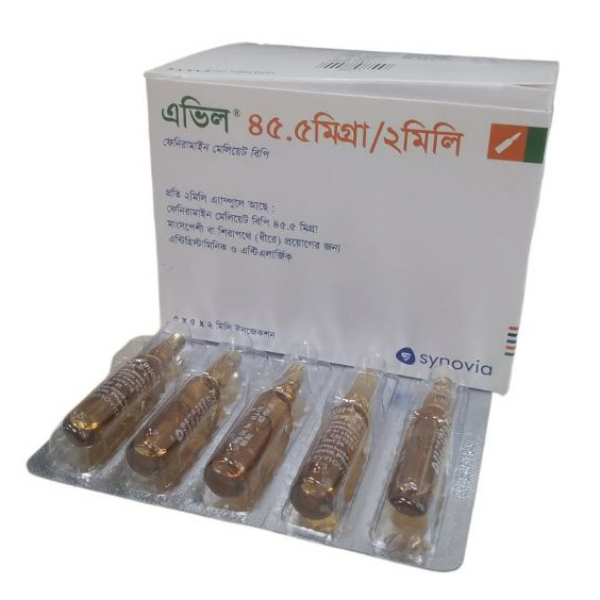
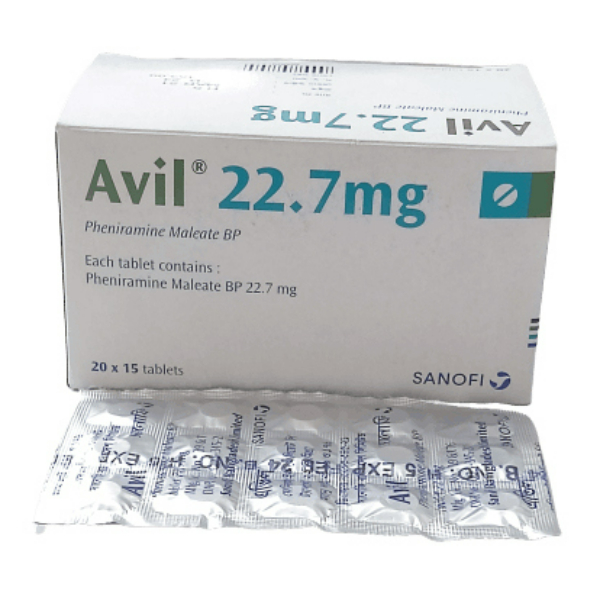






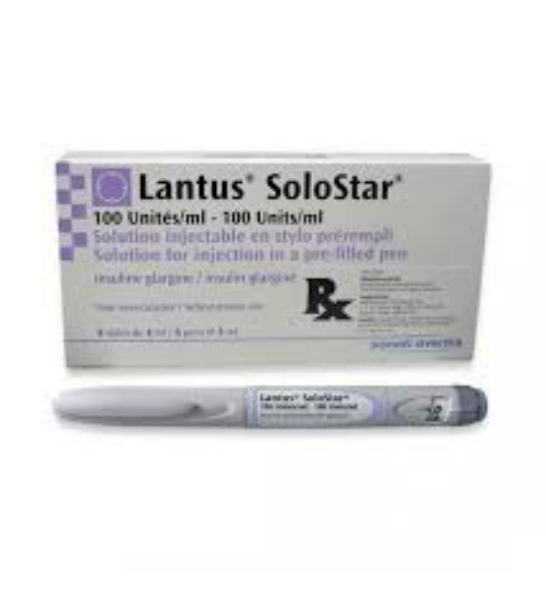


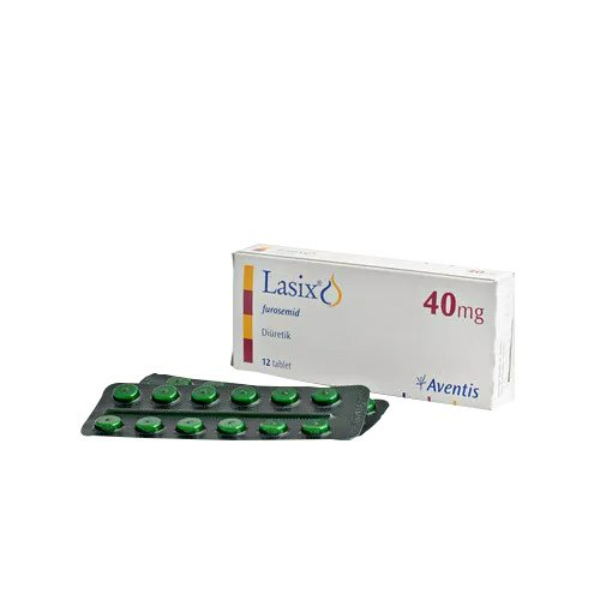



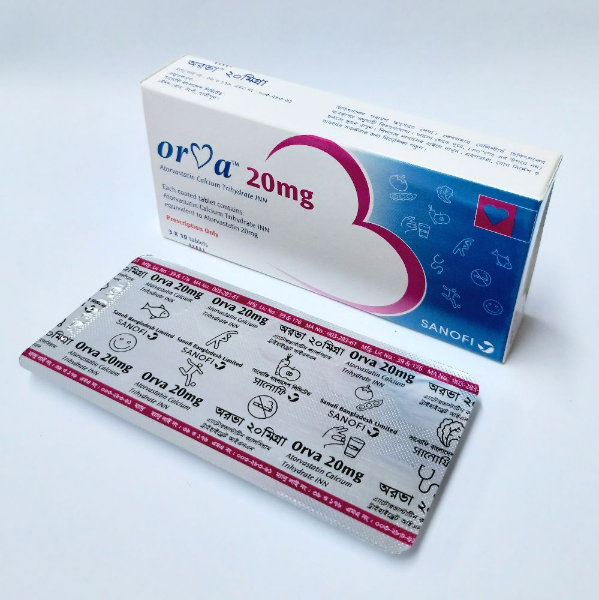




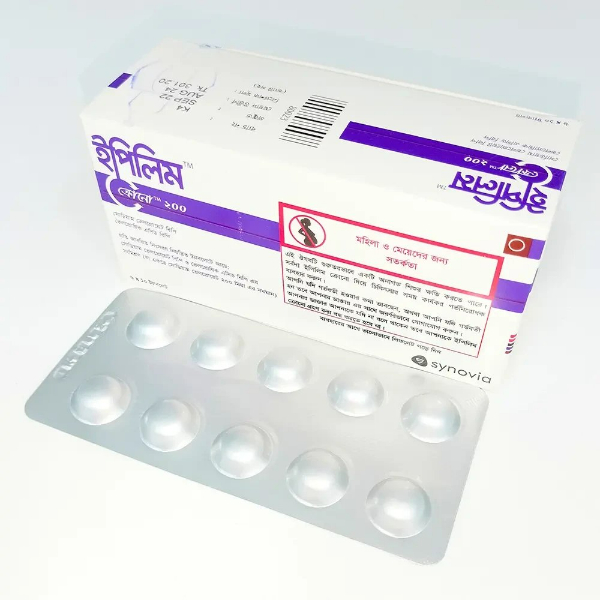
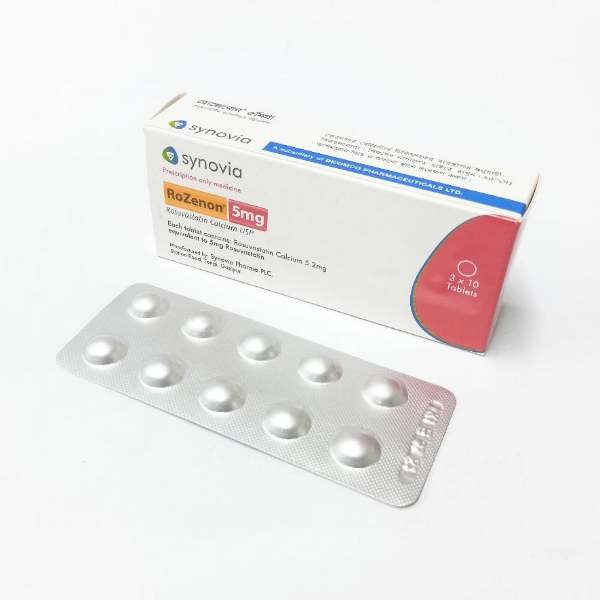


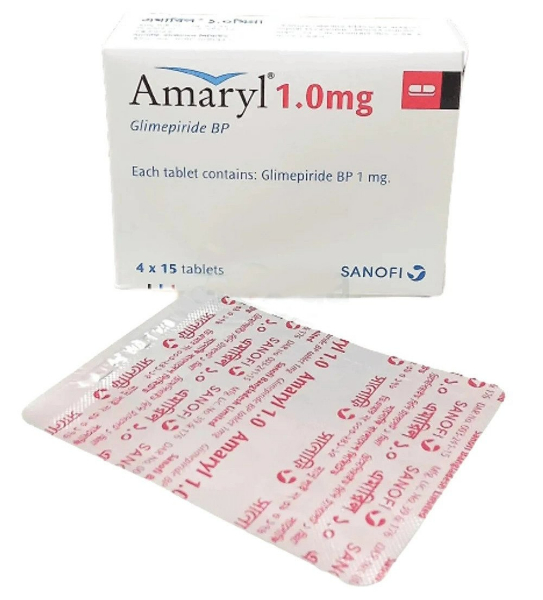


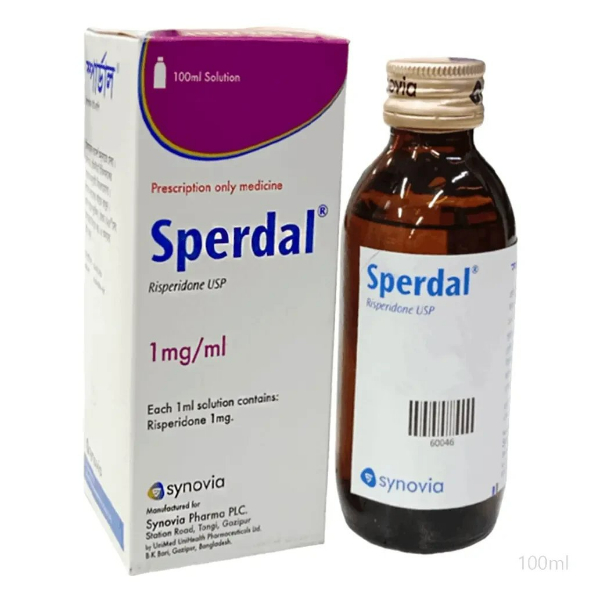





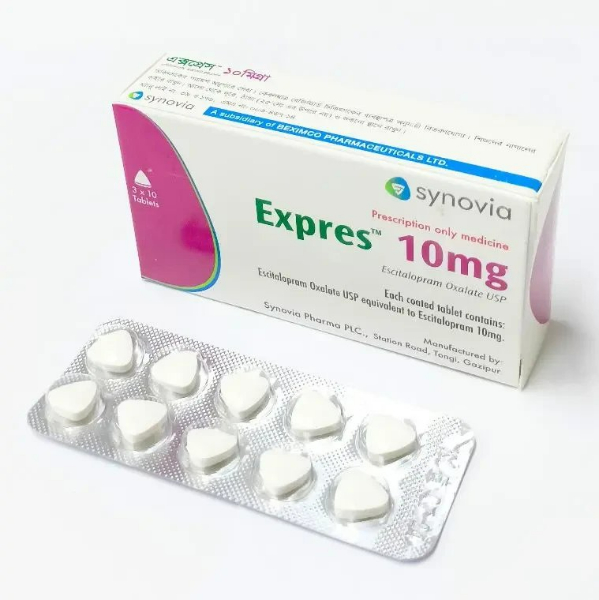
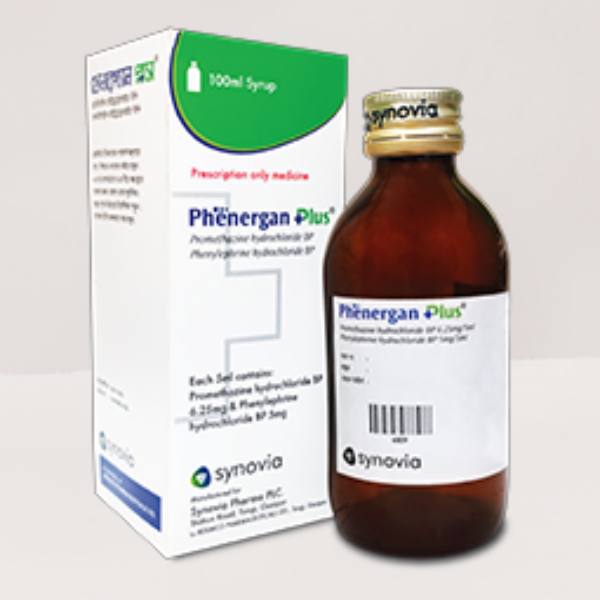




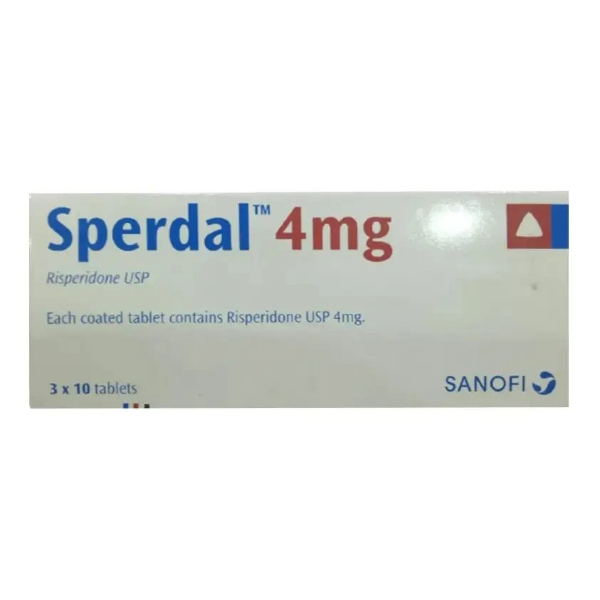
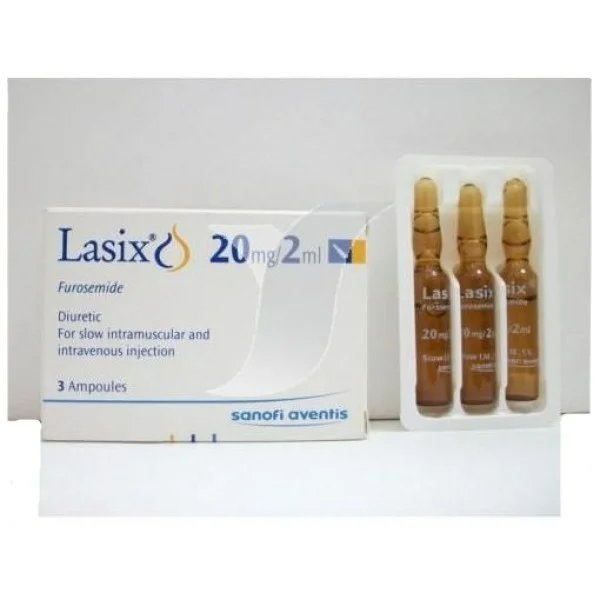

.jpg)
